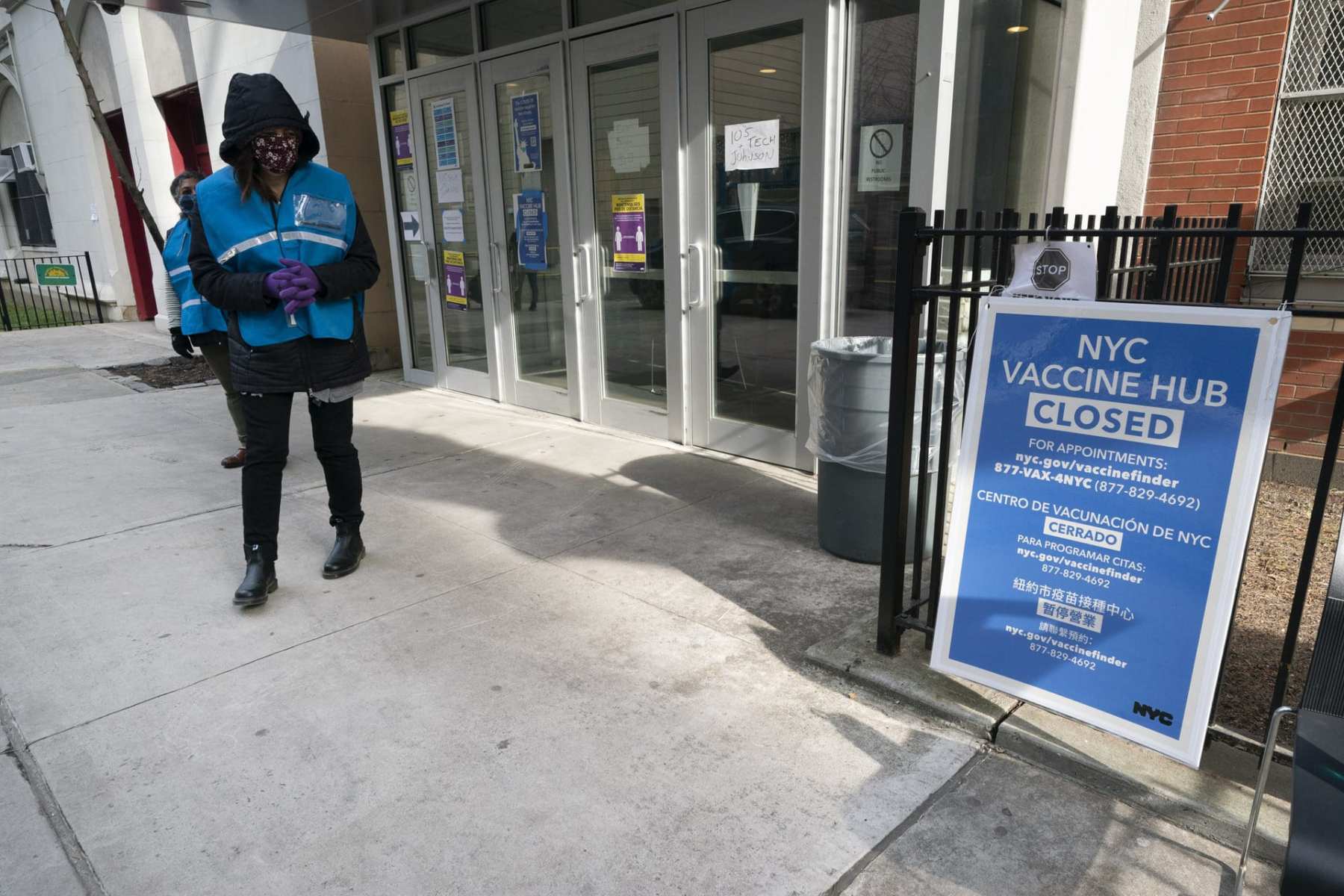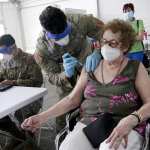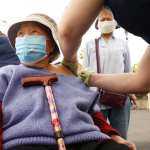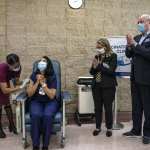About two-thirds of Black women and Latinas report not having enough information about where to get a COVID-19 vaccine, despite the outsized role they have played in the coronavirus response and their significantly higher risk of infection.
The data, which comes from a new poll by the Kaiser Family Foundation (KFF), underscores a stark disparity in a process that has already been riddled with confusion and concerns about inequity. It also illustrates the steep challenge facing the Biden administration in its efforts to quickly immunize the country against COVID-19.
“There has been a lot of confusion with the rollout of the vaccine,” said Ashley Kirzinger, a pollster at KFF. “This data shows that some groups that have been disproportionately impacted by the pandemic are among the groups that are really struggling to find out information.”
Because state and local guidance and vaccine supply can vary significantly, people seeking information about vaccine eligibility should contact their local health departments. In general, the poll shows, most women don’t know where they will be able to get their vaccine. About 45 percent say they don’t have enough information.
But the numbers are far worse for Black women and Latinas, even though they make up larger numbers of frontline workers such as grocery, retail and child care workers who are, in some states, among the first in line to get the vaccine. Among health-care workers — another priority group, and a sector dominated by women — Black and Latinx people across genders are more likely to be infected by the virus than their White colleagues.
The data does not include large enough samples of Black and Latinx people to determine if there is a meaningful gender gap within those groups, Kirzinger said. But the role Black women and Latinas have played on the frontlines emphasizes the importance of making sure they can access vaccines.
“For many of them, because they work as health care, frontline or essential workers, they are going to be among the groups that will be first in line to get the vaccine,” Kirzinger said. “This information gap needs to be filled if there will be a successful rollout in these communities.”
President Joe Biden has vowed to emphasize equity in his pandemic response, including the vaccine rollout. He has pushed for strong partnerships with community health centers and local pharmacies, deliberate outreach to Black and Latinx communities, and the use of resources like mass vaccination sites and mobile clinics.
So far, vaccine outreach and coordination has fallen largely on cash-strapped public health departments, as well as hospitals and health systems that are overwhelmed battling the current surge in coronavirus cases.
Meanwhile, disparities experts are sounding the alarm that the unfolding vaccination process could exacerbate existing inequities in the health-care system. Biden, following up on a guideline pushed forth by the Trump administration, has encouraged states to open up vaccine eligibility to frontline workers as well as anyone over 65, and people who are younger than 65 but have medical conditions that exacerbate the risk of COVID-19 complications.
That would put more than a third of the population eligible for vaccines right now — which far outstrips what’s immediately available. That could give an advantage to people with resources like flexible work hours, money and regular connections to the health-care system.
Black women and Latinas are less likely to be insured or have regular access to a physician who could guide them through the vaccination process.
“We know that doctors and health care providers are among the most trusted sources of information — however if you don’t have a doctor or health care provider, we need to think about going where these people live, and think about different types of messengers to get this type of information out,” Kirzinger said. “This population is hard to reach, and messages aren’t currently reaching them.”





